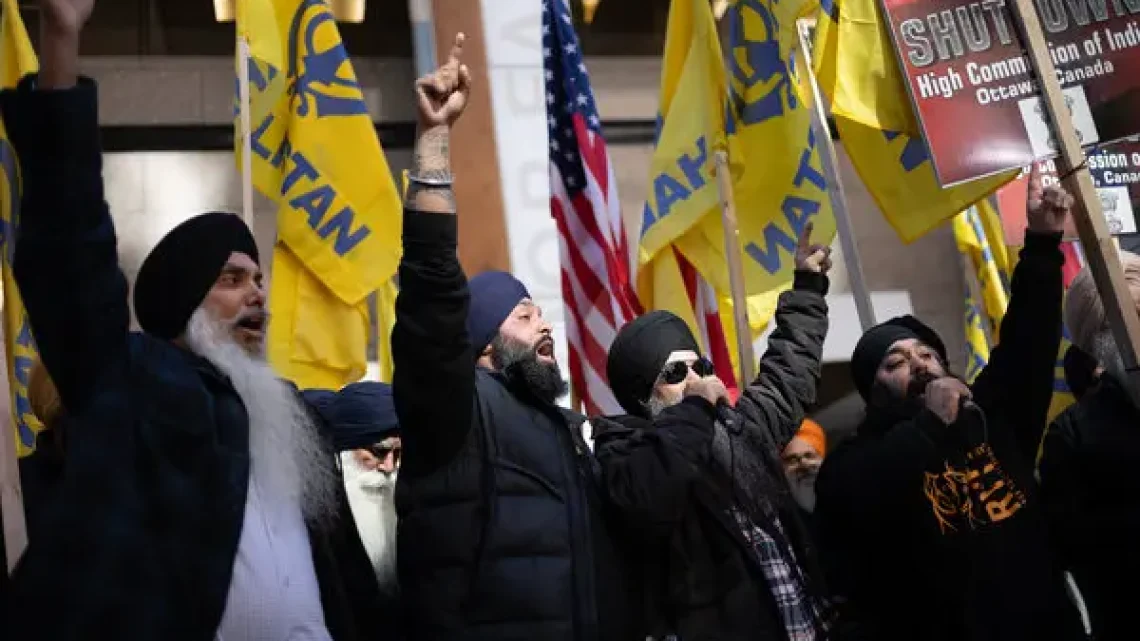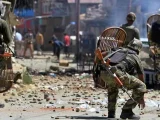
Revelations of Cross-State Violence: India’s Dark Role in Canada
October 30, 2024In a shocking development, Canadian Deputy Foreign Affairs Minister David Morrison confirmed allegations that Indian Home Minister Amit Shah is implicated in a plot to assassinate Canadian nationals. This explosive claim emerged during a Canadian parliamentary committee hearing focused on public safety and national security.
The Washington Post reported on October 14, citing unnamed Canadian officials, that discussions among expelled Indian diplomats included references to Shah and a senior official from the Research and Analysis Wing (RAW). These conversations allegedly involved the authorization of intelligence missions and attacks targeting Sikh separatists in Canada.
This revelation adds fuel to an already tense diplomatic fire. It follows Canadian Prime Minister Justin Trudeau’s assertion that Indian agents were involved in the murder of Hardeep Singh Nijjar, a pro-Khalistan activist. Trudeau’s comments last year set off a diplomatic crisis that has now escalated to alarming proportions.
On October 14, India retaliated by identifying six Canadian diplomats, including High Commissioner Sanjay Kumar Verma, as “persons of interest” in a criminal investigation. In response, Canada expelled six Indian diplomats from Ottawa, a move that deepened the diplomatic rift. India’s refusal to assist in the investigation prompted Ottawa’s decisive actions, showcasing a lack of cooperation between the two nations.
The Royal Canadian Mounted Police (RCMP) also held a press briefing that day, revealing that their investigations extended beyond the Nijjar case. They presented evidence indicating that Indian diplomats may have utilized members of jailed gangster Lawrence Bishnoi’s gang to intimidate Canadian nationals of Indian descent.
Initially, the Washington Post did not name Amit Shah, simply referring to a “senior official in India.” However, later updates clarified that Shah was the individual in question, underscoring the gravity of the accusations against him.
Nathalie Drouin, national security and intelligence advisor to Prime Minister Trudeau, explained that providing information to the Post was part of a broader media strategy aimed at countering disinformation from the Indian government. She characterized the alleged actions as serious crimes, including homicides, assassination plots, and extortion.
The implications of these revelations are staggering. If true, they illustrate a disturbing pattern of state-sponsored violence extending beyond borders. Canada is now grappling with the prospect that its sovereignty has been undermined by a foreign government willing to engage in extrajudicial killings on its soil.
As the diplomatic standoff continues, the world watches closely. This situation demands a serious reassessment of Canada-India relations, with accountability and transparency at the forefront. The Canadian government must take a firm stance against these violations of international norms, ensuring that justice is served and the safety of its citizens is prioritized. The time for complacency has passed; it is time to confront this crisis head-on.

